Hispanic Heritage Month Reading List
Celebrate Hispanic Heritage Month with good reads recommended by Dr. Sarah Misemer, Hispanic studies professor and associate director of LAUNCH: Undergraduate Research.
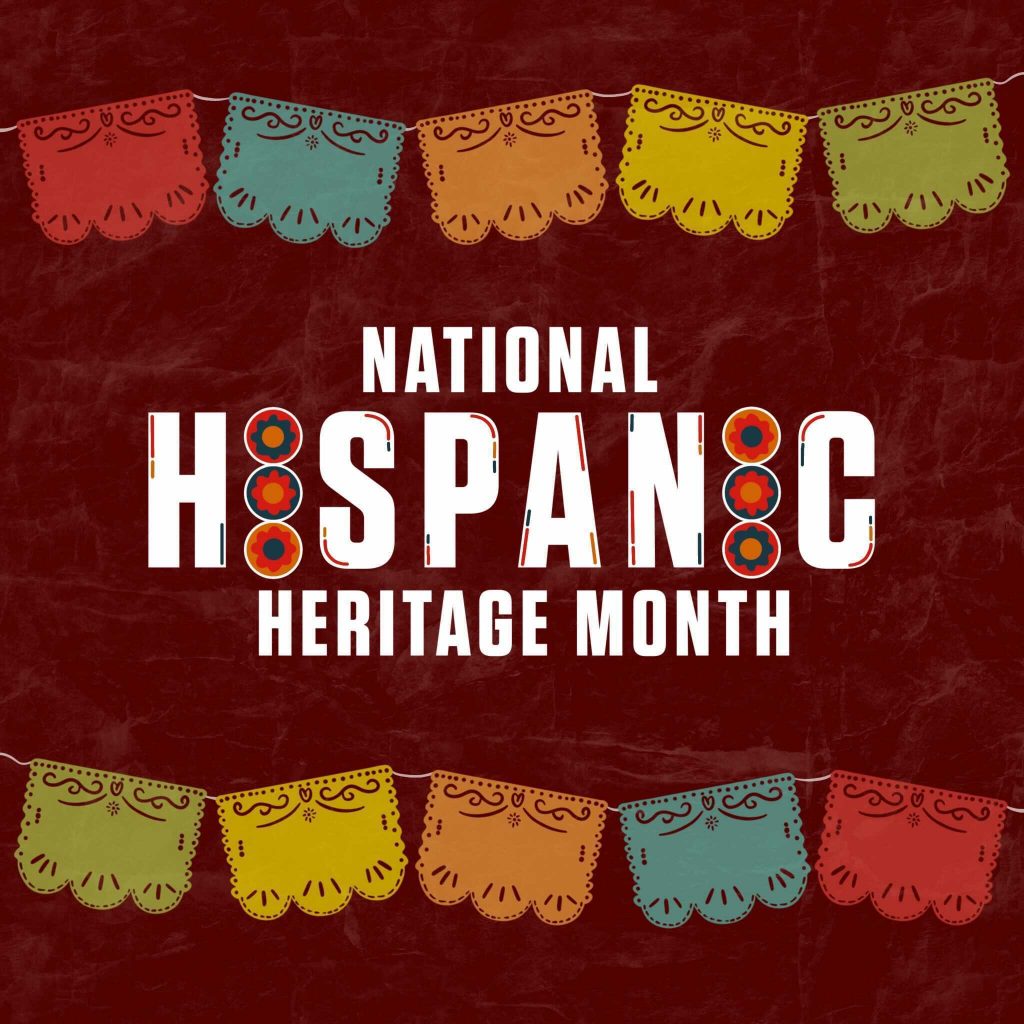
By Sarah M. Misemer, Ph.D., Hispanic studies professor and associate director of LAUNCH: Undergraduate Research
September 15 through October 15 is Hispanic Heritage Month! The College of Liberal Arts asked Dr. Sarah Misemer, Hispanic studies professor and associate director of LAUNCH: Undergraduate Research, to help us celebrate by composing an essential reading list.
Her suggested readings are listed below along with short explanations of why each made her list this year. We hope you enjoy reading and exploring to celebrate Hispanic Heritage Month!
Tell Me How it Ends: An Essay in 40 Questions by Valeria Luiselli
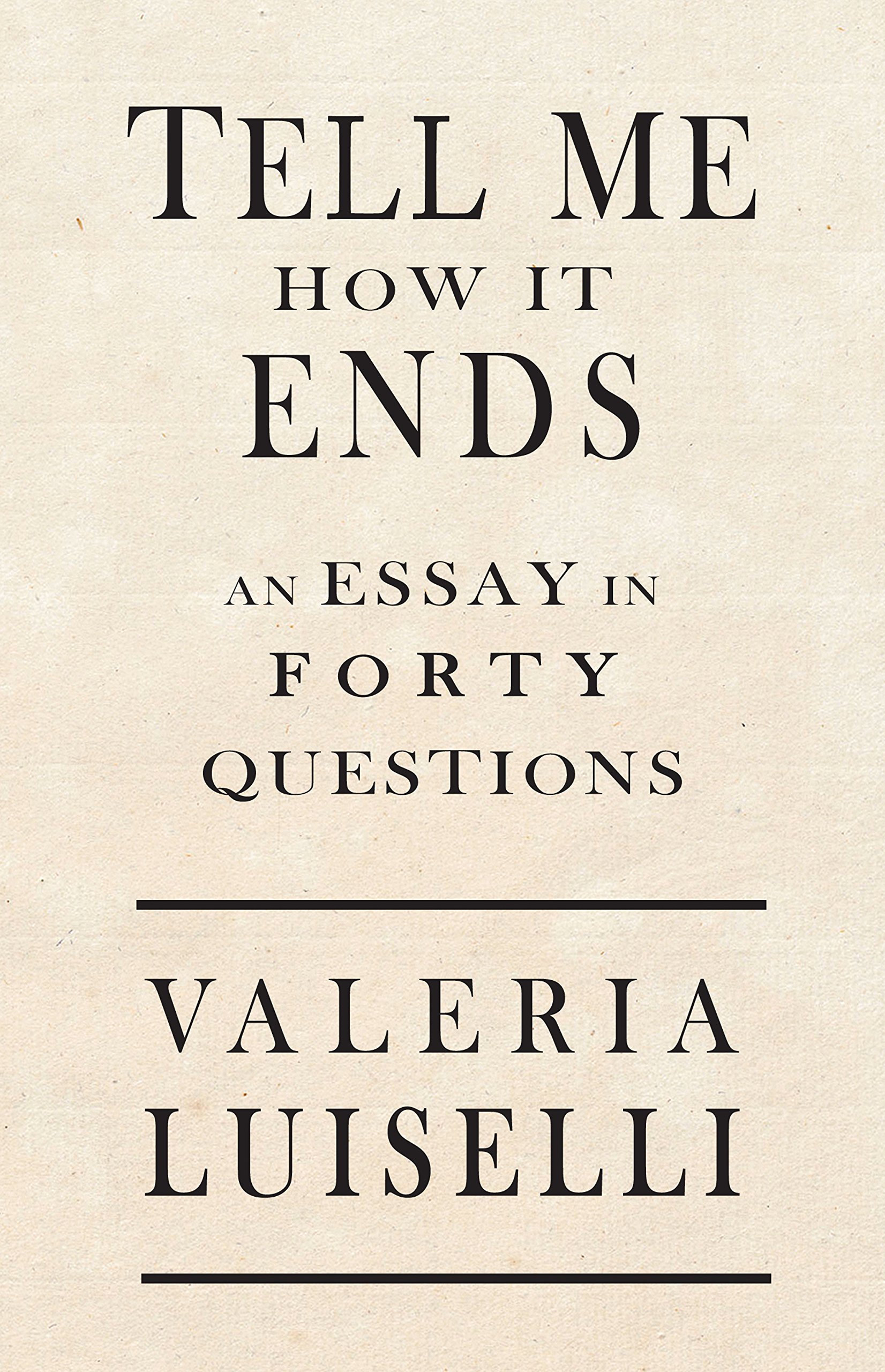
Author Valeria Luiselli, a 2019 recipient of the MacArthur Genius Grant, combines her personal story as an interpreter at the Citizenship and Immigration Services with those of the Central American migrant children she interviews as they arrive in the United States. The inventory of questions she must ask children reveals the harrowing situations they are fleeing from in their native countries, the violence and terror they face during their journeys, and Luiselli’s own despair in having to ask them about their experiences, along with her own immigration story.
Aura by Carlos Fuentes
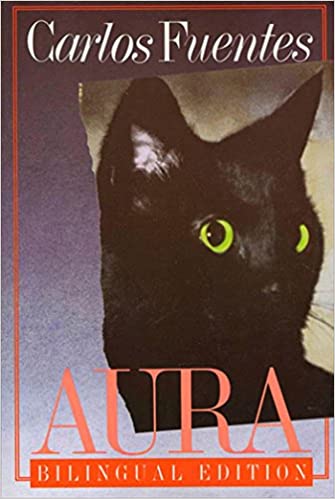
Carlos Fuentes is one of the best-known authors of the Latin American Boom and often wrote about his native country Mexico. In the novella Aura, published in 1962 (the same year as his masterpiece La muerte de Artemio Cruz) protagonist, Felipe Montero takes a job editing the memoirs of an elderly widow’s deceased husband. While working in the house, he soon falls in love with the widow’s niece named Aura. He is captivated by Aura’s beauty and her mysterious ways, and as the story progresses he begins to uncover secrets between Aura and her aged aunt.
Saverio el cruel by Roberto Arlt
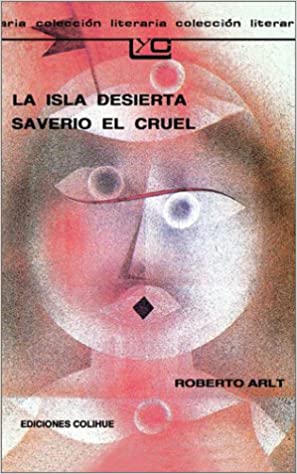
Roberto Arlt was part of the influential Grupo Boedo artists (named after a neighborhood in Buenos Aires that was home to working class residents). His experience as the son of European immigrants often left him feeling alienated from Argentine society and this characteristic is reflected in elements of the grotesque that are part of his novels and plays. He was heavily influenced by the work of Luigi Pirandello, and his play Saverio el cruel features metatheatrical elements in which the line between reality/fiction and common sense/insanity are tested by a group of rich young people at a party at a country estate. The play debuted in 1936 at the Teatro del Pueblo.
La rebelión de la flor: Antología personal by Armonía Somers
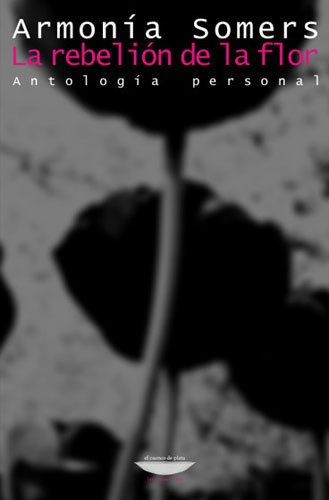
Armonía Somers was an elementary school teacher and the author of novels and short stories. She is considered one of the most important writers of the highly influential Generation of 1945 in Uruguay (some also refer to it as the Critical Generation). Her work often features feminist themes and a critical look at society and its establishments. This collection of stories, published in 1989, includes some of my favorite short stories, such as “El derrumbamiento,” “El desvío,” “El hombre del túnel”, among others.
“El jardín de los senderos que se bifurcan” by Jorge Luis Borges

This short story is taken from Jorge Luis Borges’ collection of short stories published in 1944 in Ficciones. I teach this story in my introduction to Hispanic literature classes because it is a perfect example of Borges’ brilliant writing (he wrote prose and poetry) and his cosmopolitan style…and because I love the story. Students often marvel at the many elements that appear in the work that ranges from being a spy thriller to a story about preoccupation with time, space, labyrinths. In the end, Borges even makes his readers question historical and testimonial documents, as well as notions of truth.
Zoot Suit by Luis Valdez
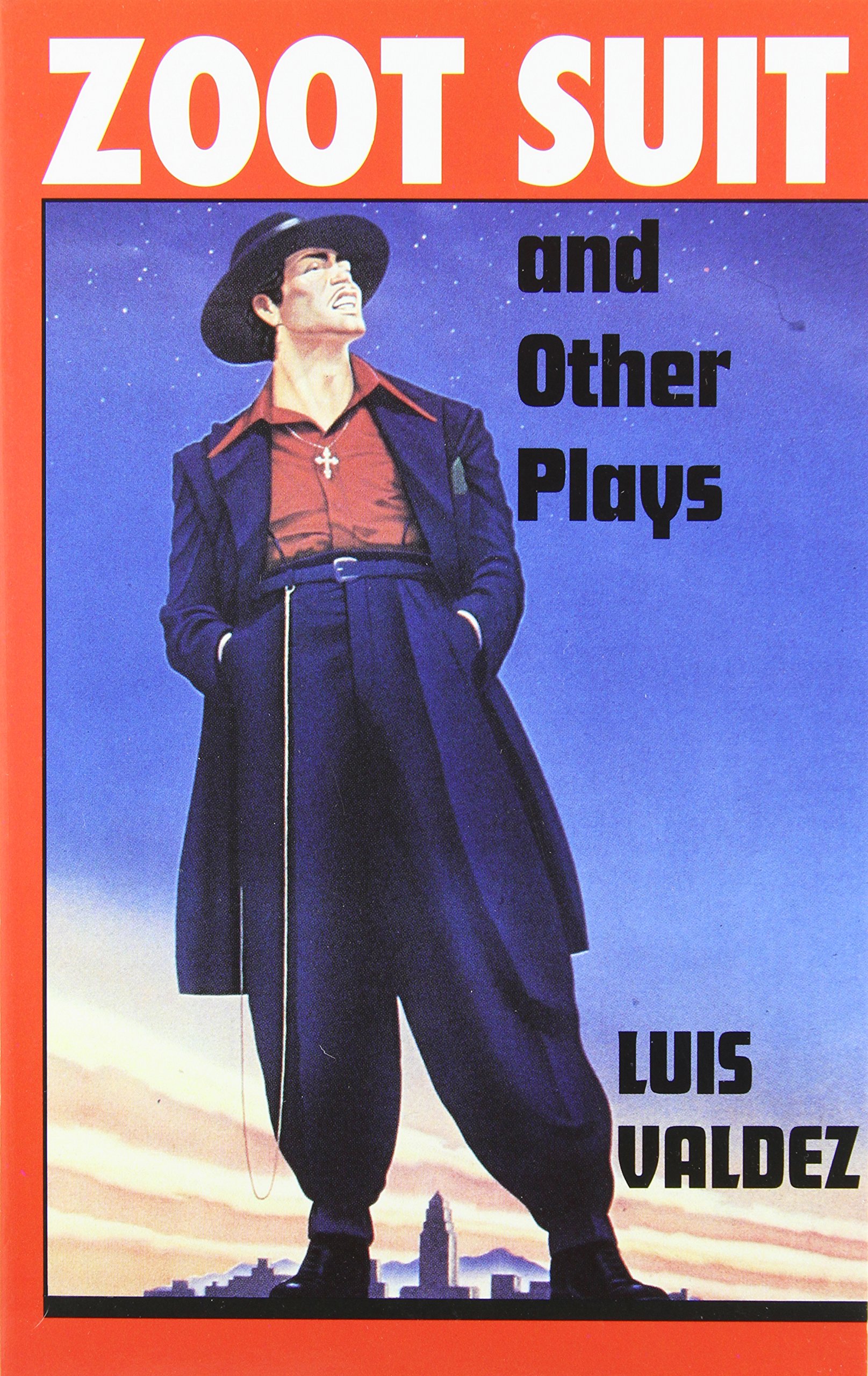
Luis Valdez, best known for his work with Teatro Campesino, was a key figure in the Chicano movements in the 1960s. His musical Zoot Suit was the first work by a Chicano author to be performed on Broadway in 1978. It is based on the Zoot Suit riots that took place in 1942 in Los Angeles as a result of the murder of a young Mexican-American man and the Sleepy Lagoon murder trial. The musical highlights the racial tensions, prejudice, and social injustice many Mexican-American citizens faced in 1940s Los Angeles.
The Poet X by Elizabeth Acevedo
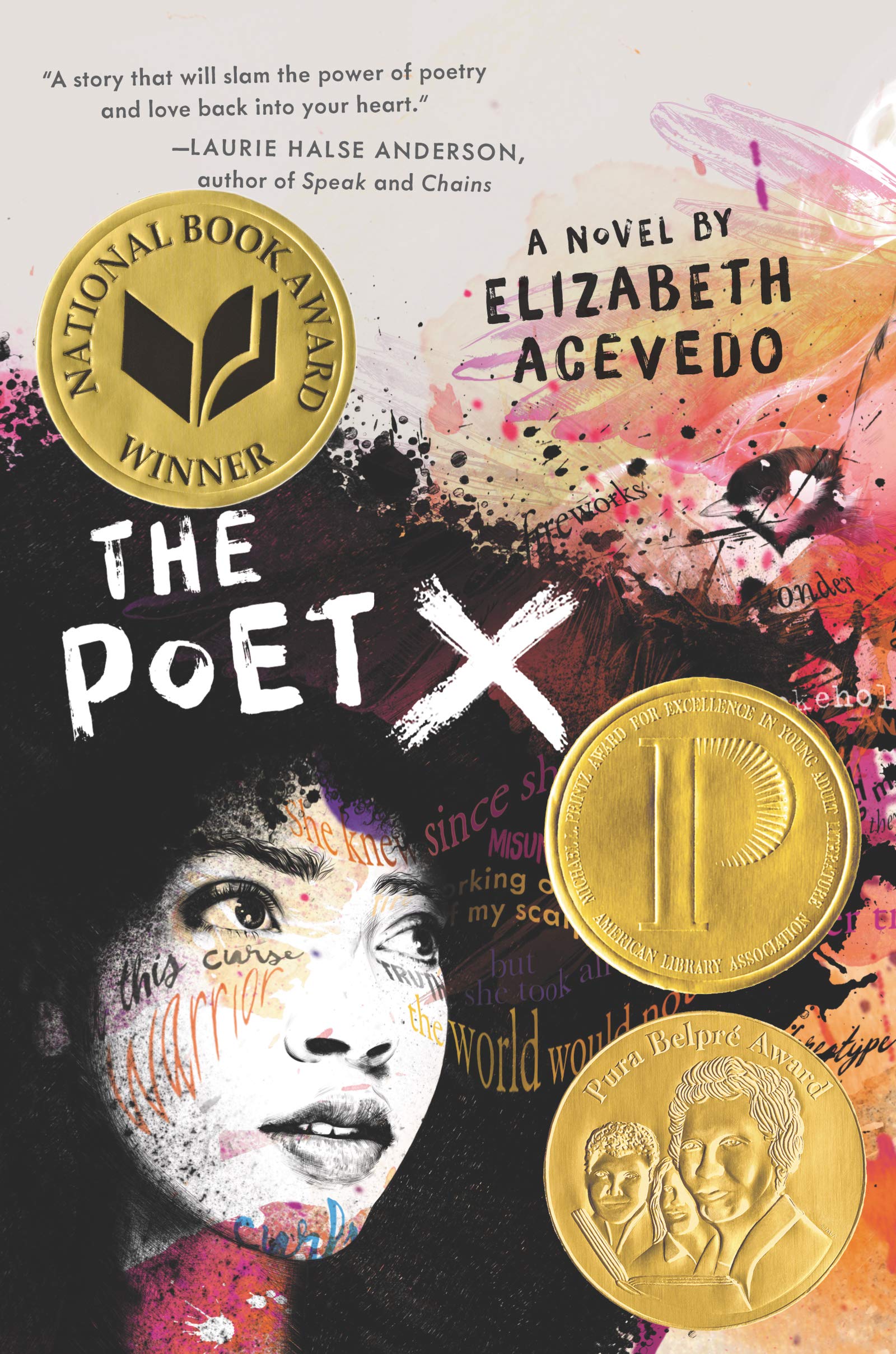
Elizabeth Acevedo is a New York Times bestselling author, and we read her verse novel The Poet X as part of the LAUNCH office book club in preparation for the Brazos Valley Reads event in spring 2020. Acevedo’s debut novel, The Poet X, is young adult fiction that takes on topics such as adolescence, family relationships, gender identity, first-generation American and Latinx identities, religion, and sexuality. Our office enjoyed protagonist Xiomara’s rhythmic verse, and we were able to discuss the influence of Nuyorican culture and the Nuyorican Poets Café as a leading venue for promoting theater, performance, poetry slam, hip-hop and other forms of visual art in Latinx culture since 1973.
Enrique’s Journey by Sonia Nazario
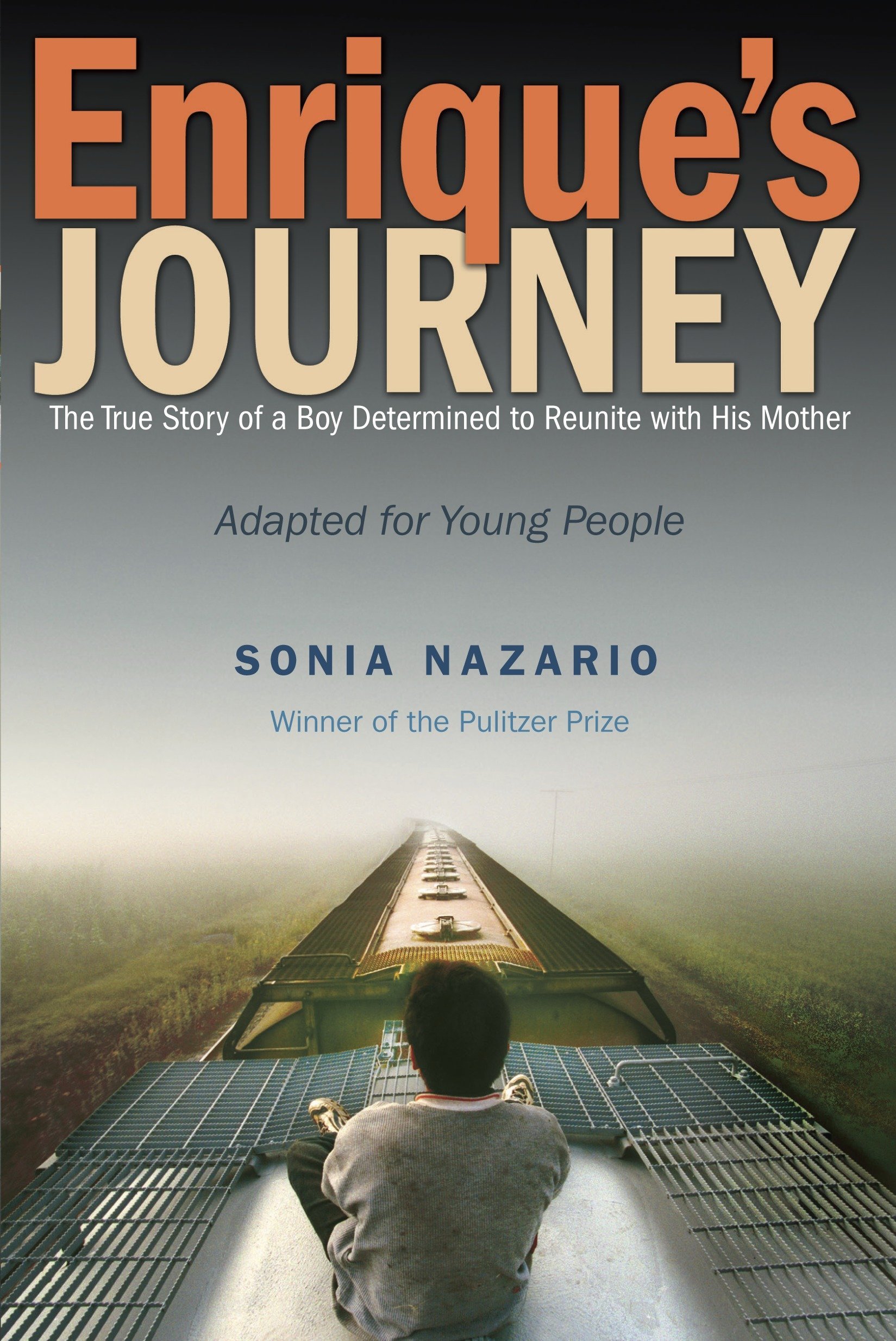
I taught award-winning journalist Sonia Nazario’s book, Enrique’s Journey, several years ago in one of my 200-level Spanish classes as part of the College of Liberal Arts Common Ground Reading initiative. This novel, which follows the story of a young boy who escapes via La Bestia (a network of freight trains that run from Guatemala through Mexico to the United States) to the US in search of his mother who has gone north for work and a means to support her children. The trip is dangerous for the many undocumented men, women, and children who ride atop the train cars as they are subjected to the elements, face gang violence, rape, robbery, and injury. Enrique’s journey to find his mother also reveals the deep trauma families suffer as a result of poverty, separation, immigration, and undocumented status. This book had a transformative effect on many of the students in my class.
¡Presente! The Politics of Presence by Diana Taylor
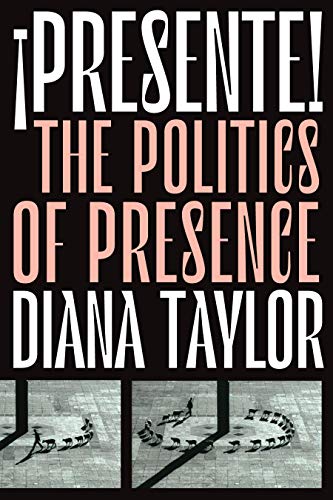
Diana Taylor is a professor of performance studies and Spanish at New York University, and she is the founding director of the Hemispheric Institute of Performance and Politics. Her latest book, just released in July 2020, asks readers to think about what it means to be physically and politically present in ways that challenge traditional scholarship and colonial epistemologies. Her work on this latest volume emerged from the Modern Language Association Presidential Address she gave in 2018, and published in the PMLA journal that same year. It’s what I’m reading now!
Various works by authors in the department of Hispanic Studies at Texas A&M University

If you are looking for creative writing close to home, check out the essays, poetry, and fiction written by professors Eduardo Espina, Juan Carlos Galdo, Alain Lawo-Sukam, and Alessandra Luiselli in the Department of Hispanic Studies in the College of Liberal Arts!
